Public speaking was recently voted ‘Mankind’s Greatest Fear’, and as a result, represents a terrifying prospect for most. But it doesn’t have to be this way. So here are some strategies that will make all the difference if you use them with purpose and on purpose.
- Body Language
We are already masters of using our body language to enhance our mood, either good or bad. The problem is, we do it unconsciously.
For example, when you feel an emotion, you adopt the body language which corresponds to that emotion, which enhances the feeling. i.e., – when you feel scared, you adopt ‘scared’ body language, which reinforces and intensifies that emotion.
But here’s the thing: – you can use your body language on purpose to promote feelings of energy and confidence.
The trick is to switch off your habitual autopilot, to ask yourself the question: ‘what emotion do I need here?’ and then adopting the appropriate body language. So, to re-cap: – The fastest way to feel good in a high stakes or pressurized situation, is to choose an empowering posture consciously.
In other words: – Stand or sit tall, pull your shoulders back and critically, remember to smile! A smile is the fastest signal to your brain that you are enjoying yourself! You don’t even have to mean it!!
So, remember: –
Just as you would plan your speech, plan your body language strategy as well.
- Self-Talk
We all talk to ourselves – it’s a perfectly natural process.
The challenge is that, exectly like our body language, our self talk is run by our autopilot as well!
When under pressure, we habitually tend to say to ourselves that we are nervous, or fearful, or incapable of doing what is required.
Self-talk is a short cut to the results we get. It’s an expression of our beliefs. Our beliefs then drive our feelings, which in turn drive our behaviour and consequently, our results.
So, it’s really important to switch off our autopilot and to make sure our self-talk is positive rather than negative.
Foe example – instead of the habitual – “I cant handle this” the aim is to say with certainty and confidence “I’m well prepared and Im going to nail this”
See the difference? The answer is actually very simple, but despite this, if you practise, it will really help.
I recommend that you write down some consciously empowering self-affirmations, for every speech or presentation and practise them.
- Visualisation
Visualisation, or seeing a successful outcome in your mind’s eye before it even happens, sounds overly simple.
But heres the secret sauce: –
The brain can’t tell the difference between what is real and what is vividly imagined.
In other words, if you imagine – or visualise – yourself getting a great result with detail and clarity, your brain will think it is really happening, so when you actually experience the real thing, the brain makes sure that as much potential as possible is showing up, because it knows what success looks like already.
We are the movie directors of our own minds – along with self-talk. It’s how we think.
As with self talk though, the big challenge is that when we are under pressure, we tend to play our inner movies a) unconsciously and b) the wrong way around.
In other words, we play the horror movie in our heads – we are imagining the worst possible result and the brain actually thinks its happening!
So, there is a simple solution and that is to get into the habit of playing motivational
videos in our minds of us succeeding consciously.
Whatever your goal is, the most important thing is to imagine a great result so clearly that it appears real. With clear imagination and visualisation, come the same beliefs, emotions and behaviours that will drive you towards the outcome you want.
Once again, none of this will happen unless you practise. It’s not enough just to know the steps.
- Switching Off Your Autopilot
As mentioned throughout this blog, Raising awareness of your behaviours and the results you get is the hallmark of a peak performer. It gives you control over your life. Without an awareness of your habits, you’re flying blind because you don’t know what you do well, and critically, you also don’t know what you’re doing badly.
If you’d like a methodology for gaining control over your bad habits and enhancing your good ones, why not grab my free ‘Habit Spy’?
Get your FREE Habit Spy here: https://allaboutimpact.co.uk/progress-towards-goalshappening-slowly
